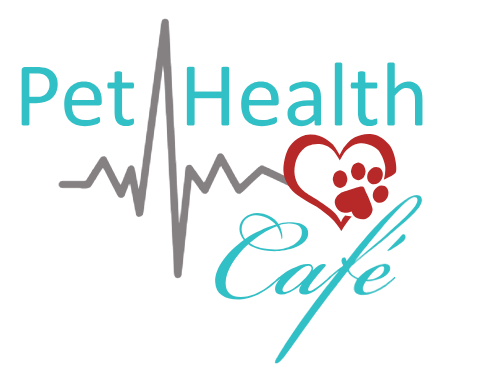Recently, I found a timeline regarding the introduction of Genetically Modified Foods (GM Foods) and was astonished. As most of you know, I’m already suspicious of what large corporations get away with and the government’s approval process. So to help guide you through a bit of history, I’ve compiled the facts for you to draw your own conclusions.
“GMO” is a Genetically Modified Organism that is a key component in genetically modified foods, “GM Foods” are foods that have had specific changes introduced into their DNA using methods of genetic engineering which use DNA from unrelated organisms. These mutations are found nowhere in nature.

Be sure to observe the following dates closely. The first approved use of a GMO product was in 1982 with a GMO insulin product from bacteria. In 1986, field testing of GMO tobacco began. In 1992, the tomato was approved as the very first genetically modified food. It hit the market in 1994.
Make note of the time frame from the first approval of anything to “table ready” being only ten years and in plants, only six years. How much generational effect testing could you possibly do in that short a time to prove any safety? Today, even without enough time for this generational or health testing, “the FDA still declares that genetically engineered foods are "not inherently dangerous" and do not require special regulation.” Do you feel safe yet?
By 1999, over 100 million acres of crops worldwide were planted with genetically engineered seeds. The marketplace began embracing GMO technology at an alarming rate. These untested foods are now rampant in our food supply along with a great deal also being used in pet foods.
In 2000, the International Biosafety Protocol was approved by 130 countries at the Convention on Biological Diversity in Montréal, Canada. The protocol agrees upon labeling of genetically engineered crops. This being stated, the United States as a country and most of its states still have no requirements 14 years later to properly label GM foods for humans, much less our precious pets.
The American Academy of Environmental Medicine (AAEM) reported that “Several animal studies indicate serious health risks associated with GM food,” including infertility, immune problems, accelerated aging, faulty insulin regulation, and changes in major organs and the gastrointestinal system. Their food studies found thousands of sheep, buffalo, and goats in India died after grazing on “Bt cotton” plants (gene coding for Bt toxin has been inserted into cotton, to produce a natural insecticide in its tissues.)., Mice eating GM corn for the long term had fewer and smaller, babies. More than half these babies died within three weeks, were smaller in size and by third generation, most GM soy-fed hamsters lost the ability to reproduce.
Ask yourself; are any of these facts an acceptable risk to subject your pet or yourself to? It has only been twenty years. Do we even have a clue of the effects that these un-natural products, many of which are labeled “all-natural” have produced or how they have been formulated and by whom? Do you know if GMO’s are in the food you are buying? Keep in mind that corporations by law are formed to grow and generate income. They have never been mandated to promote optimal health.
This only shows the importance of being aware of everything being ingested by your pet and yourself for that matter. If the label says "all-natural," be sure you are absolutely sure this is true...

